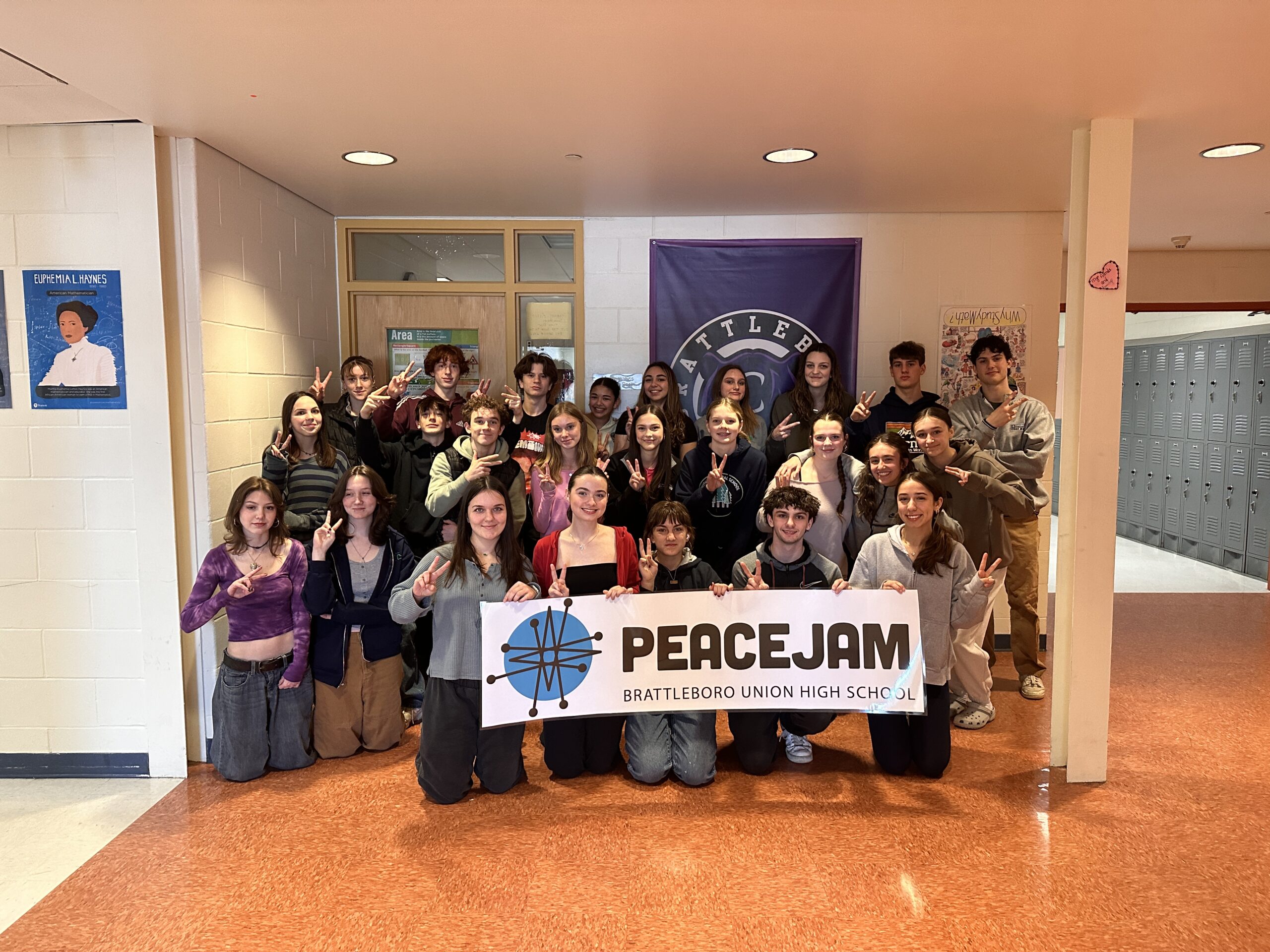
Internationally Unhoused: A Humanitarian Response to the Crisis at the Border

Windham World Affairs Council’s recent focus on US immigration at the border and through asylum seekers has opened many eyes to a complex reality likely to worsen without thoughtful analysis and action.
The intersection of these issues with the double digit growth of the unhoused in the US is on our minds as we prepare for our first America 250 Town Hall at Brooks Library with ‘Constitution Wrangler’ Meg Mott. Tent cities and encampments on public parks and other shared spaces have raised the constitutionality of whether towns and cities can ban such encampments up to the Supreme Court which is expecting to issue a decision in June.
The reality of homelessness in the US and refugees and asylum seekers hitting US and other borders worldwide raise deep philosophical questions about basic human rights, the concept of ‘duty of care’ and what we, as citizens of the US seeking policy solutions, are willing to do to help people often unable to fight for themselves. Essentially these issues raise the question: What is our human responsibility to each other?
The right to asylum is an ancient practice where people could find sanctuary at the altar of a religious place. It has evolved over time as an honorable agreement among nations to offer safe haven, often from each other. The guarantee of asylum is a rare supra-national recognition of our primal human connection as inhabitants of a shared Earth.
Speakers at these WWAC events have made very personal commitments to help in ways that appear to be enhancing their own quality of life.
The ‘Larry and Joe’ concert drew the audience into the creative relationship between Joe, a musician turned immigration worker in North Carolina, and Larry, a musical educator and asylum seeker for whom life in his native Venezuela became impossible. Their storytelling and musical relationship has blossomed into a popular act helping sustain them both.

University of Vermont Professor Sarah Osten, a Latin America historian, connected the dots between US backed civil wars in Central America during the Cold War to asylum cases today.
People are fleeing teenage gangs armed to the teeth, often with weapons left behind from those conflicts. She discussed how war had torn these societies apart, a trauma crying-out for the kind of peace and reconciliation processes that have helped so much in other places. Osten has increasingly devoted herself to serving as an expert witness on asylum cases. She’s sharing her knowledge and experience with UVM students through a new and unique program on migration that she is spearheading at the university.
For me, the most moving experience was an emotional and informative Salon with WWAC member Elissa McLean, a language teacher who founded and directs the Express Fluency school here in Brattleboro. She and her partner Andy Winter have been visiting the border to provide sustenance and support to folks who actually make it to ‘the wall’ seeking asylum.
Elissa’s photos and experiences at the border, offering food, water and advice, coordinating with border agents and non-profits, had us alternatively laughing and crying.
“We went to the border eager to be of service but had no idea of the magnitude of the crisis or of how much we could actually help,” Elissa said. Turns out, they’ve been helping a lot.
In a recent update on her activities, Elissa explained how the asylum process makes it nearly impossible for people to show-up at an official Port of Entry, so groups arrive at gaps in the border wall and wait for the US Border Patrol pick them up. She said these routes into the US are controlled by cartels at war with each other, fso they often route people further into the remote mountainous desert. She writes: “Border Patrol is swamped and people have to wait sometimes days before being discovered and transported. They arrive with no water or food or blankets or warm clothes. Desert temps have been in the 30s at night and it is hot during the day. We have a 25-gallon tank of water, food and blankets, and …. satellite wifi! We were able to provide internet access in the middle of nowhere and people could make calls and texts to their family members, with whom many hadn’t been able to make contact for weeks. We could also use it to communicate with 911, Border Patrol, and other volunteers to coordinate help efforts. Our solar panels allowed us to create a 38-outlet cell phone charging station so folks could charge their phones. We also have gear for cooking and serving food.”
One of the coolest moments of Elissa’s Salon talk was a video she shared of celebrating her birthday with a group of migrants where everyone sang ‘Happy Birthday’ in different languages. The video drove home the reality of ordinary people facing extraordinary situations just for a shot at life.
Elissa and Andy are starting a podcast they’re calling ‘Border Diaries’ to share the experiences of the people they meet. In the meantime, if you’d like to make a donation, you can visit their ‘Go Fund Me’ page to help them keep the van stocked up with what’s needed. They post updates on their Instagram @borderdiaries1. They also led small groups of volunteers to the border this April and plan to return with groups again in the winter and spring of 2025. Email Elissa (elissa@expressfluency.com) if you would like to stay informed about future opportunities to be of service at the border. The couple also spent time with a group from Doctors Without Borders which issued a report on the health crisis there. “People think we’re saints or something but the truth is we get so much out of going there and being of service because the people are amazing,” Elissa said. “They are so courageous. They risk everything to be here. They endure so much. And the truth is that, if they get the chance, one day they will make the best Americans.”
Lissa Weinmann is a WWAC board member, currently serving as treasurer. She’s a partner in 118 Elliot, a downtown business which provides event and meeting space to WWAC as an in-kind donation.




